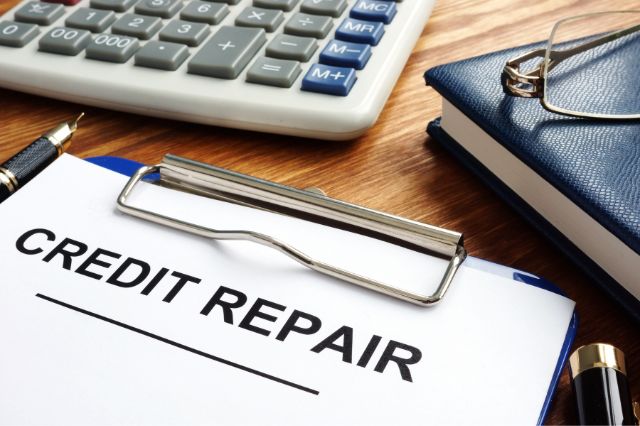How to Get an Emergency Loan with Bad Credit | Ultimate Guide

Many of us find it difficult to manage our expenses and depend on loans for unexpected expenditures, such as medical emergencies, sudden car issues, or home repairs.
However, if you don’t make your debt payments on time, you may end up with a bad credit score. This shows your lack of ability to meet your financial commitments and fulfil your repayment responsibilities.
With bad credit, banks don’t consider you as a reliable borrower. Consequently, you might not be able to get your loan request approved even in case of an emergency.
However, don’t lose hope as there are a number of other solutions to help you borrow money. Let’s explore your options.
Seek Credit Unions
Conventional banks have strict rules when it comes to lending loans. So, if your credit score is bad, it will be tough to get a loan approved from your bank. However, don’t lose hope since there are other financial institutes, such as Credit Unions, that can help you.
Credit Unions offer different types of financial services. These include savings accounts, loans, and more. These institutes have flexible rules for their members. You can discuss your financial situation for an emergency loan. Credit Unions often offer flexible repayment options and lower interest rates as compared to traditional banks.
If you are not a member of any Credit Union, you may register with one to get your emergency loan. Search through online directories or ask for recommendations to find a Credit Union that fits your requirements.
Look for a Co-Signer
Many financial institutes agree to lend you a loan if you have a co-signer for the loan agreement. It’s an individual with a good credit score. This means he has no outstanding debts in his name and is financially reliable. In case you fail to repay the debt, it’s the responsibility of your co-signing partner to make the repayment.
You may request a close family member, a dear friend, or a trusted colleague to step up and be your so-signer. Make sure he is financially stable so that he can pay your debt on your behalf in case you are unable to do so.
Approve Loans against Collateral
When your credit score isn’t great, banks and other lenders might hesitate approving your loan request. This is because your poor financial record makes it risky for them. They worry you might not be able to make timely repayment of your loan.
However, this risk is reduced if you agree to get the loan against collateral – any of your valuable assets, such as property, vehicles, or jewelry. In case you fail to repay the loan, the lender has a legal right to claim the collateral.
The downside to this process is that you might end up losing your valuables. However, if you desperately need cash in case of a bad emergency, it’s an effective way of getting your loan approved. So, take a moment to assess your situation and figure out how badly you need the loan before risking your collateral.
Receive Assistance from NGOs
Non-profit organizations work on various social and humanitarian issues. They are not conventional loan lenders, but may help you with your financial needs. If you are going through a crisis, such as a medical emergency or an unforeseen financial issue, an NGO can come to your rescue with financial aid. These organizations provide financial assistance programs, including emergency loans, without considering your credit score.
So, when all financial institutes close their doors to you, there is still some hope with NGOs. You can reach out to them and discuss your crisis situation. Find out if you are eligible for their aid by inquiring about their policies and criteria for lending you money.
Turn to Family and Friends
Your family and close friends will always be willing to offer you financial help in case of a dire need. It is one of the best options since they won’t complicate the money lending process with formalities, such as loan applications and credit score evaluation.
However, your family and friends might be reluctant to offer you a loan due to several reasons. Firstly, they might worry about risking their finances if you are unable to return the loan. Secondly, there is always the possibility of straining your relationship when you borrow money from a loved one. Repayment delays and other complications may turn your relationship bitter.
Considering these potential issues, you can offer to enter into a legal agreement to reduce the financial risk. The agreement can discuss a realistic repayment plan along with interest rates, making it binding on you to return the debt within the due time.
When everything is in writing, your family and friends will feel more comfortable lending you money.
Final Thoughts
While there are several options to help you get a loan despite a bad credit, it is important for you to start improving your score. Make sure you repay your outstanding debts. Create a manageable repayment plan in order to improve your financial record. This will help you build your trust among lenders to get future loans approved more easily in case of emergencies.
